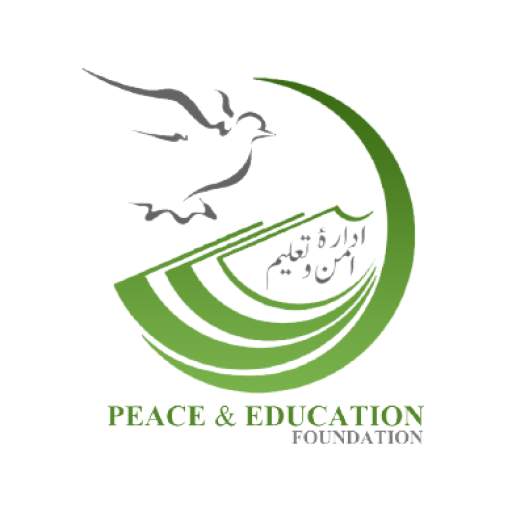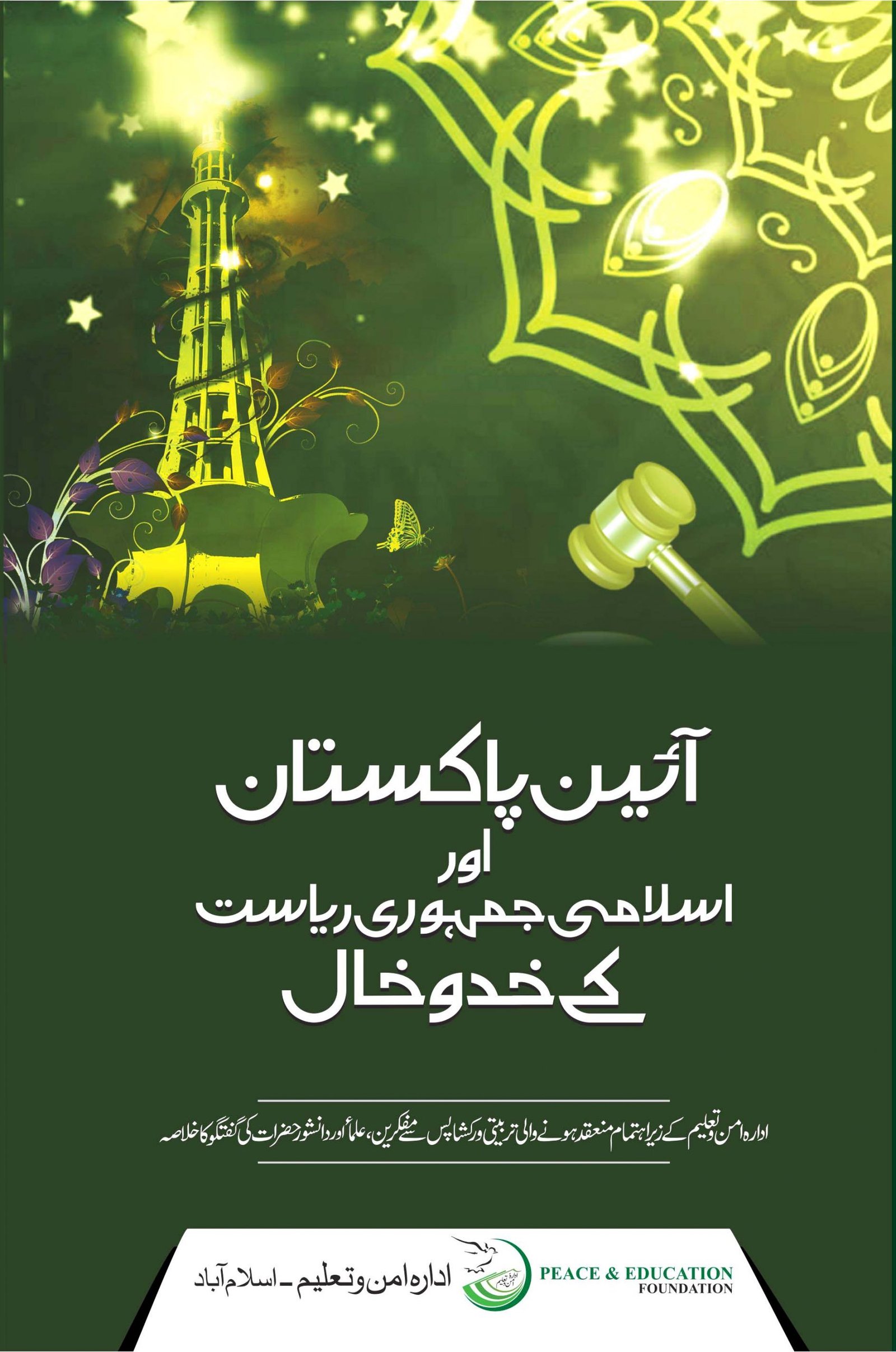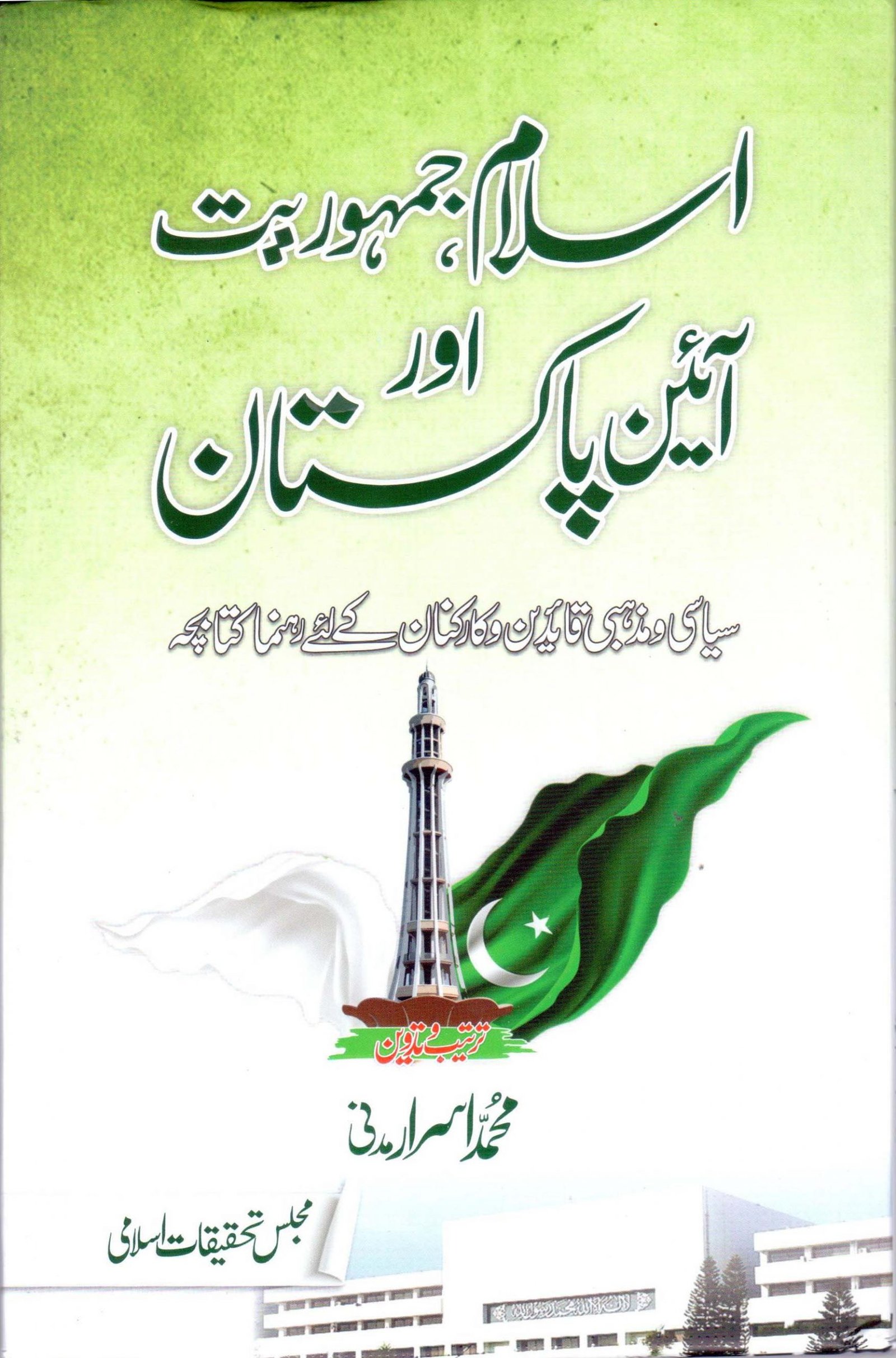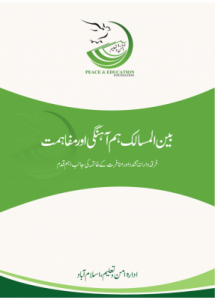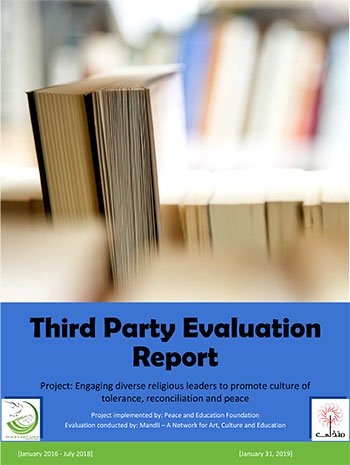What is UCP?
Although there are numerous institutions for teacher training in Pakistan, there are none dedicated entirely to providing professional development and certification for Madrasah teachers in Urdu. To address this need, PEF have developed a Teacher Training Program within Pakistani universities where specialized teaching certification courses for Madrasah educators can be conducted. Development of Teacher Training Programs in Pakistani universities is a critical step towards (1) integrating Madrasas into the Pakistani educational system, (2) providing opportunities for higher education to Madrasah teachers and students, and (3) eventually developing a teacher certification system that will provide an element of quality control where none currently exists for Madrasah teachers.
This certificate program is focusing on equipping Madrasah teachers with critical knowledge and skills in the following areas:
- Teacher Self-Awareness
- Research Methodology
- Learning and Development (Stages of Learning and Appropriate Educational Planning)
- Critical Thinking and Higher-Order Thinking Skills
- Classroom Management and Lesson Planning
- Conflict Resolution and Peace building/Human Rights and Pluralism
Diversity
The certificate program is offered for 48 credit hours and, is meant as a primer for Madrasah teachers to become acquainted with the wide area of skill sets related to teaching and education.
In addition to imparting critical skills and nurturing attitudes conducive to quality teaching, the certificate course is also designed to develop inquisitiveness within teachers and the desire to develop professional competencies in the field of education.
Overall Goal:
To build sustainable educational networks for madaris and university through capacity building of teachers and mobilization of vulnerable youth to partake in peace building activities, address biases and resolve conflicts peacefully.
Objectives:
Following are the specific four objectives of the project:
- Encourage professional engagement and provide a shared platform for dialogue within academic framework.
- Build capacity of teaching faculties to counter radicalization and violent extremism at institutional level through their educational enhancement and imparting of critical thinking skills.
- Establish campus based forums for youth engagement activities to build resilience against violent extremism
- Foster youth leadership and provide mechanism for the prevention of radical trends among madrasahs and university youth.
Background of the Program
Pakistan is a profoundly religious country that has too frequently demonstrated a deep vulnerability to narratives of intolerance and violent extremism. Despite the many positive contributions of religious education in Pakistan, it is often associated with radicalization due to its outdated curriculum and pedagogy. As the primary means of training religious actors, there is a present need to empower madrasah leaders, graduates and teaching faculty to promote quality education, as well as to promote peace and coexistence in their communities, especially among their students.
In the effort to bring madrasah education into the mainstream and global context, direct engagement of madrasah teachers and students has emerged as big challenge. According to noted scholar Tariq Rahman, madrasah teachers and students consider secular counterparts as unduly influence by the West and un-Islamic. In turn, secular educators regard their madrasah counterparts as “backward, prejudiced, narrow-minded bigots”.
Many scholars recognize the potential role for madrasahs in promoting tolerance and peace. Abdeslam Maghraoui writes that the political power and cultural influence of madrasahs in Muslim societies is broad. “As purveyor of religious knowledge, moral standards, and cultural values in the Muslim world, madrasahs can play a positive or negative role. The search for new knowledge and innovation have been integral, though neglected, part of Islamic educational traditions. Madrasahs can become, as they were in the past, centers of modern knowledge and cultural renewal with far-reaching positive effects on the Muslim world.”
In 2005, a publication by the Woodrow Wilson Center on educational reform in Pakistan, Christopher Candland suggests that with sustained development of curriculum, teachers, and resources, the madrasah sector “could be transformed again—this time into a foundation for tolerance and moderation, essential teachings of Islam.”
The above suggests that the engagement of madrasah and university faculty and students including both male and female can be central to the ongoing effort to counter violent extremism (CVE) in Pakistan. Through the University Certification Program (UCP), PEF seeks to expand and deepen academic and professional linkages between the madrasah and mainstream education systems.
PEF’s experience with university and madrasah teachers through the UCP program has demonstrated that the exposure of madrasah teachers to the moderate and reflective university environment can result in increased commitment to learning and continuous professional development especially with regards to promote modern pedagogy, increase appreciation for diversity and readiness to expose their students to the larger world and job opportunities. The university-madrasah interactions helps promote social cohesion; opening up new horizons for teachers and students from underserved and marginalized segments.
PEF plans to continue to expand and upgrade these programs in coming years for a larger impact for mainstreaming of madrasah education. To date, PEF has successfully completed certification programs in six public sector universities, with 1200 madrasah teachers professionally trained who have impacted thousands of madrasah students and created groundsel within madrasah community to modernize curriculum, open up madrasah environment for their students to expand their education beyond madrasah and gain employment opportunities. Perhaps the most notable achievement of this program originates in the form of power of exposure, where once reluctant and resistant madrasah teachers about having their students attend Universities to pursue higher education, are now requesting encouraging their students to pursue higher education, gain job skills and agreeing to allow vocational training for their students.
Purpose of the UCP Program
A key component of this effort is the promotion of higher-quality education (including an emphasis on critical thinking skills, tolerance for diversity, and modernization of curriculum) and alternative narratives to violent extremism within Pakistan’s madrasahs.PEF seeks to strengthen the capacity of Pakistani madrasahs and universities to counter radicalization and violent extremism. To this end, two major activities are being proposed: (1) madrasah faculty professional development through the well-established PEF University Certification program and (2) mobilize university students to address extremism, build tolerance and promote resilience working with madrasah students and their communities.
Given the position of respect and influence that madrasah leaders, as religious authorities, command among their students and their larger communities, madrasahs have tremendous potential to impact Pakistan’s security and its social development, and can provide a critical entry point to both the youth and the religious communities. While the number of Pakistani students enrolled full-time in madrasahs has been estimated at 3-5 million, the number of children who attend madrasahs part-time (largely to receive a religious education) is far larger—by some estimates up to 70%of Pakistani schoolchildren, or roughly 26 million of Pakistan’s estimated 37 million children aged 5-19 who are enrolled in schools. In addition, madrasah leaders who serve as imams reach thousands more each week during their Friday mosque sermons.
With one of the most rapidly growing populations in the world and a national literacy rate of less than 50%, Pakistan faces critical educational challenges. Pakistan’s madrasahs primarily serve the poor, providing room, board, clothing, and books in addition to education for many of Pakistan’s most vulnerable and disadvantaged children, who would otherwise go without but for the madrasahs. Yet the madrasahs typically lack the capacity to provide a modern, comprehensive, and quality education.
This approach tends to produce graduates who are ill-equipped to deal with the challenges of modernity, are rarely accepted into mainstream educational institutions, have few economic opportunities, and who are inherently susceptible to manipulation by violent extremists. The situation for girls is particularly dire, as Pakistan has one of the highest rates of female illiteracy in South Asia (60%) and the lowest rate of primary school enrollment for girls in the region. In addition, madrasah teachers are rarely accepted into degree programs at universities and have little access to professional teacher training or other opportunities for continuing education, or opportunities to integrate into “mainstream” educational programs.
Why? What is its philosophy?
PROJECT JUSTIFICATION/NEED STATEMENT:
Pakistan is a profoundly religious country that has too frequently demonstrated a deep vulnerability to narratives of intolerance and violent extremism. Despite the many positive contributions of religious education in Pakistan, it is often associated with radicalization due to its outdated curriculum and pedagogy. As the primary means of training religious actors, there is a present need to empower madrasah leaders, graduates and teaching faculty to promote quality education, as well as to promote peace and coexistence in their communities, especially among their students.
In the effort to bring madrasah education into the mainstream and global context, direct engagement of madrasah teachers and students has emerged as big challenge. According to noted scholar Tariq Rahman, madrasah teachers and students consider secular counterparts as unduly influence by the West and un-Islamic. In turn, secular educators regard their madrasah counterparts as “backward, prejudiced, narrow-minded bigots”.
Many scholars recognize the potential role for madrasahs in promoting tolerance and peace. Abdeslam Maghraoui writes that the political power and cultural influence of madrasahs in Muslim societies is broad. “As purveyor of religious knowledge, moral standards, and cultural values in the Muslim world, madrasahs can play a positive or negative role. The search for new knowledge and innovation have been integral, though neglected, part of Islamic educational traditions. Madrasahs can become, as they were in the past, centers of modern knowledge and cultural renewal with far-reaching positive effects on the Muslim world.”
In 2005, a publication by the Woodrow Wilson Center on educational reform in Pakistan, Christopher Candland suggests that with sustained development of curriculum, teachers, and resources, the madrasah sector “could be transformed again—this time into a foundation for tolerance and moderation, essential teachings of Islam.”
The above suggests that the engagement of madrasah and university faculty and students including both male and female can be central to the ongoing effort to counter violent extremism (CVE) in Pakistan. Through the University Certification Program (UCP), PEF seeks to expand and deepen academic and professional linkages between the madrasah and mainstream education systems.
PEF’s experience with university and madrasah teachers through the UCP program has demonstrated that the exposure of madrasah teachers to the moderate and reflective university environment can result in increased commitment to learning and continuous professional development especially with regards to promote modern pedagogy, increase appreciation for diversity and readiness to expose their students to the larger world and job opportunities. The university-madrasah interactions helps promote social cohesion; opening up new horizons for teachers and students from underserved and marginalized segments.
PEF plans to continue to expand and upgrade these programs in coming years for a larger impact for mainstreaming of madrasah education. To date, PEF has successfully completed certification programs in six public sector universities, with 1200 madrasah teachers professionally trained who have impacted thousands of madrasah students and created groundsel within madrasah community to modernize curriculum, open up madrasah environment for their students to expand their education beyond madrasah and gain employment opportunities. Perhaps the most notable achievement of this program originates in the form of power of exposure, where once reluctant and resistant madrasah teachers about having their students attend Universities to pursue higher education, are now requesting encouraging their students to pursue higher education, gain job skills and agreeing to allow vocational training for their students.
Successes of PEF’s Work with Pakistan’s Madrasas to Date:
For the past decades, the Peace and Education Foundation has been engaging Pakistani madrasah leaders in teacher-training programs that promote curricular and pedagogical enhancement, with an emphasis on critical thinking, religious tolerance, human rights, and conflict resolution skills. Through this work, we have witnessed significant personal and institutional shifts and have witnessed madrasah leaders take significant steps to improve their educational standards, countering extremism and promoting reforms from within.
An independent third-party evaluation of the Pakistan Madrasah Enhancement Project conducted by the Islamabad based Community of Evaluators in 2015 report overwhelming impact of PEF on programs. Below are the excerpts from that report about PEF University Certificate Program :
- 94% considered, UCP training course helped them to improve the classroom environment, and there is a substantial improvement of 67% in attitudes towards acceptance of modern teaching techniques to madrasah teachers.
- 94% respondents say that their understanding of beliefs and religious practices after participation in the program has improved. 96% increase in understanding of the human rights issues. The evaluation also indicates 92% improvement in the critical and higher order thinking skills of target group.
- 91% participants have continued dissemination of knowledge gained in UCP in a number of follow-up events on weeky basis. 98% of the respondents considered UCP as effective and excellent initiative for the madrasah teachers.
Project Activities:
The activities of the proposed project are designed to engage madrasahs and universities in order to build resilience against radicalization and to strengthen their capacities to counter violent extremism. PEF believes in a systematic approach to counter violent extremism. Based on PEF’s experience, engaging both teachers and students through their institutions is effective and impactful.
The project activities will help build resilience against extremist rhetoric and recruiting, while promoting the role of credible educational institutions and actions that support tolerance and non-violence in society. PEF has developed resource tools for the promotion and propagation of peace among madrasahs and universities. The sub-sections below describe the activities that PEF will carry outunder this project:
Facts and Figure
Model
The certification program is immensely valuable in integrating peacemaking, tolerance and creative pedagogy within influential madrasa system. The certificate program brings higher education institutions teaching modern subjects with very traditional and defiant madrasas together. The exposure for madrasa teachers to the moderate and reflective university environment has resulted in curiosity for learning and continuous professional development by madrasa teachers. Madrasa teachers graduating from the certificate programs have recommended to other madrasa teachers to attend this certification and the word have spread to large number of madaris and requests from influential madrasas are piling up for them to attend this course. Another major success of this program has been of other universities, noticing the value and impact, asking to host madrasa certificate programs in their universities for their regional madrasas.
PEF engage madrasahs through regional public sector universities.
Participants will be selected based on their leadership skills and positions of influence within both their own schools and their larger communities. Monitoring and evaluation efforts will be conducted to assess the impact of the program on participants’ attitudes, knowledge, and skill sets, and, funds permitting, to assess how the participants have (1) implemented what they have learned in their schools, (2) disseminated the principles learned to others, and (3) undertaken efforts to counter violent extremism in their larger communities, including through the media wherever possible.
Training of Trainers
PEF will select teachers from university and giving a master training to them, who later on conduct these certificate programs within their universities. The TOT focuses on the areas such as: training and facilitation skills (emphasizing the differences between teaching and training); contextual knowledge of the madrasah situation and the sensitivities involved in working with madrasah leaders; role of madrasah and university faculties in countering violent extremism and how to train madrasah teachers on PEF modules. In addition, the TOT focuses on building the capacity of these university faculties in understanding radicalization and countering violent extremism.
